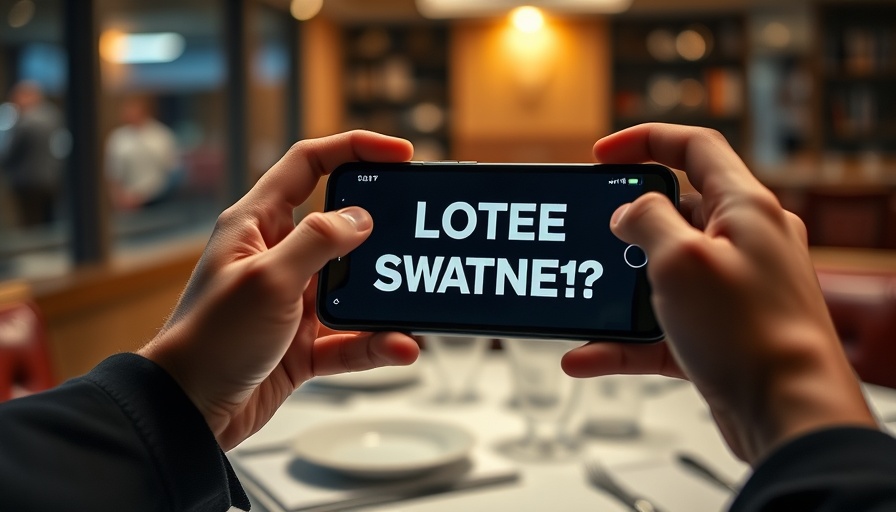
The Future of USSD Charges: A New Approach in Nigeria
Starting later in June 2025, the Nigerian Communications Commission (NCC) will implement a significant change in how Unstructured Supplementary Service Data (USSD) charges are billed. Mobile airtime balances will now be directly debited for USSD transactions, marking a pivotal moment in the long-standing disputes between telecom operators and banks regarding USSD fees—a standoff that has left an astounding ₦160 billion ($106.67 million) in unpaid fees in limbo.
A Long-Standing Dispute Resolved?
This novel guideline was initially hinted at by banks such as Sterling Bank and the United Bank for Africa (UBA), stating that USSD sessions would incur a charge of ₦6.98 for every 120 seconds. Telecom operators will execute this deduction from users’ airtime balance only after obtaining approval from the customers and confirmation from their banks. This measure aims to eliminate the previous confusion surrounding fee responsibilities for USSD services and the consequent financial fallout.
Impacts on Mobile Banking and User Experience
The change is touted as a solution to the contentious revenue-sharing model that troubled the telecom and banking sectors. Historically, banks were responsible for paying telecoms for USSD services while billing customers, yet a clear revenue-sharing arrangement was absent. Despite this new framework aimed at enhancing user transparency, one can't help but wonder what this transition means for customer experience and the broader implications for mobile banking.
Financial Repercussions for Telecos and Banks
Telecom operators stand to gain operational advantages through this system of direct airtime billing. Eliminating the complexities of financial disputes with banks allows companies to streamline their processes and recover debts more efficiently. For example, prior to this, it was reported in early 2025 that MTN had reclaimed ₦32 billion but still faced ₦42 billion in outstanding debts. Such financial strains illustrate the dire need for a more defined and user-centered billing strategy.
The Way Forward: Are Consumers Prepared?
As this transition looms, it raises questions about consumer readiness and the impact on mobile banking habits in Nigeria. This new directive demands user consent for each transaction, potentially making customers more mindful of their data usage while using USSD services. Are users equipped to adapt to this direct billing approach, or will it cause confusion and frustration?
Only time will tell how effectively this framework is adopted and its subsequent effect on the telecom and finance landscape in Nigeria. However, understanding these changes presents an opportunity for consumers to stay informed and engage more actively with their service providers.
 Add Row
Add Row  Add
Add 




Write A Comment